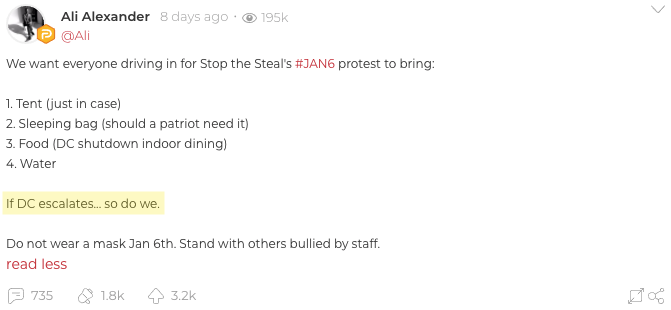
Chokeholds have been prohibited by NYPD since 1993.
Still, @TheCityNY & @ProPublica found 880 chokehold complaints filed since Eric Garner’s 2014 death.
Of those, 40 have been substantiated by a review board.
None of the officers were fired.
But some were caught on video 👇
Still, @TheCityNY & @ProPublica found 880 chokehold complaints filed since Eric Garner’s 2014 death.
Of those, 40 have been substantiated by a review board.
None of the officers were fired.
But some were caught on video 👇
(Please be aware: these videos depict intense police violence)
Example 1: NYPD Officer Omar Habib runs into an elevator and uses a prohibited chokehold on building resident Dennis Prewitt.
Another officer tases him.
Prewitt was not arrested or charged with any crimes.
Consequence?
We don’t know because the NYPD has not disclosed if Habib was disciplined.
What we do know: Omar Habib remains an NYPD officer today.
He did not respond to requests for comment.
We don’t know because the NYPD has not disclosed if Habib was disciplined.
What we do know: Omar Habib remains an NYPD officer today.
He did not respond to requests for comment.
Example 2:
Consequence?
The chokehold allegation against Detective Fabio Nunez, seen in the above video, was publicly excused by department leadership. NYPD Chief of Department Terence Monahan said Nunez “used the necessary force to take that individual into custody.”
The chokehold allegation against Detective Fabio Nunez, seen in the above video, was publicly excused by department leadership. NYPD Chief of Department Terence Monahan said Nunez “used the necessary force to take that individual into custody.”
A civilian review board substantiated this chokehold allegation, however.
(A disciplinary decision is pending.)
(A disciplinary decision is pending.)
(Some background on how likely it is that the substantiated allegation will lead to any meaningful recourse…. 👇)
projects.propublica.org/nypd-unchecked…
projects.propublica.org/nypd-unchecked…
Nunez would go on to use another chokehold two months later.
He now has a total of **three** chokehold complaints on his record.
He remains a detective.
He also declined to comment.
He now has a total of **three** chokehold complaints on his record.
He remains a detective.
He also declined to comment.
Not **one** cop has been fired for a chokehold since the one fired after Eric Garner’s death.
Most were punished with lost vacation days or got no punishment at all.
propublica.org/article/chokeh…
Most were punished with lost vacation days or got no punishment at all.
propublica.org/article/chokeh…
Experts like Georgetown Professor @LawProfButler are frustrated with the system. "Why do the police do this? Because they can without consequence,” he said.
Officials with the NYPD did not respond to questions about discipline, training, the department’s position on chokeholds or incidents noted in this story.
They ignored requests to interview Police Commissioner @NYPDShea as well as officers named in the piece.
They ignored requests to interview Police Commissioner @NYPDShea as well as officers named in the piece.
To understand why NYPD officers have been able to keep doing this, @propublica and @THECITYNY interviewed:
- 50+ former investigators and supervisors
- former high-ranking NYPD personnel
- attorneys
- chokehold victims.
propublica.org/article/chokeh…
- 50+ former investigators and supervisors
- former high-ranking NYPD personnel
- attorneys
- chokehold victims.
propublica.org/article/chokeh…
We’re not done doing investigations on police accountability — or the NYPD.
Get the next one: propublica.org/newsletters/th…
Get the next one: propublica.org/newsletters/th…
• • •
Missing some Tweet in this thread? You can try to
force a refresh




